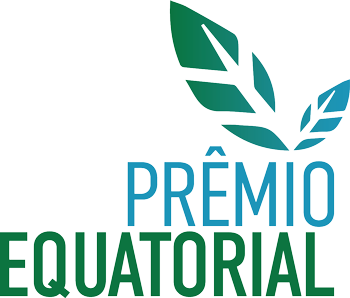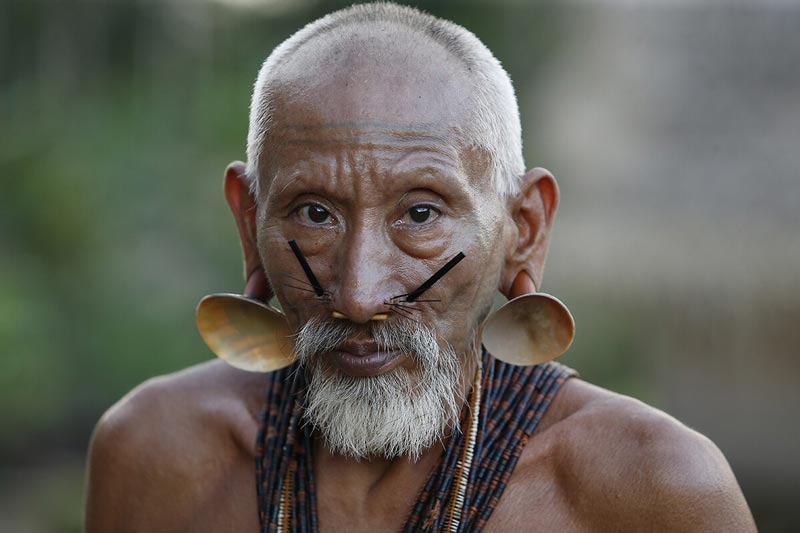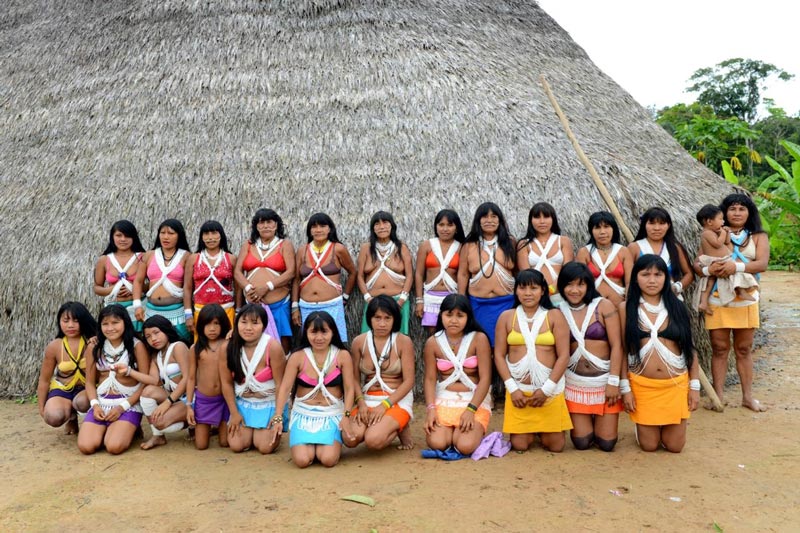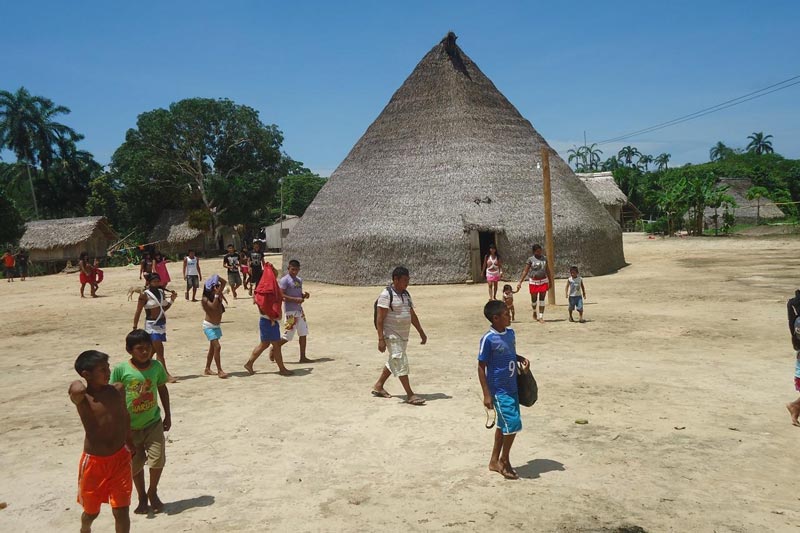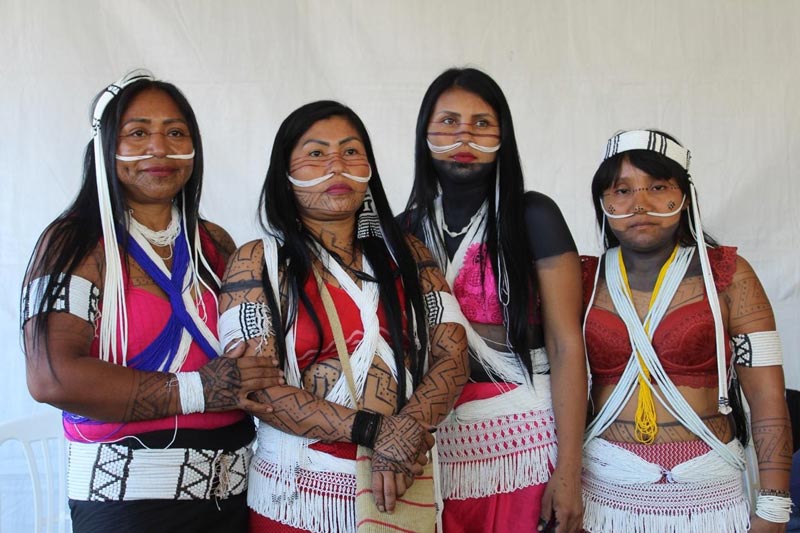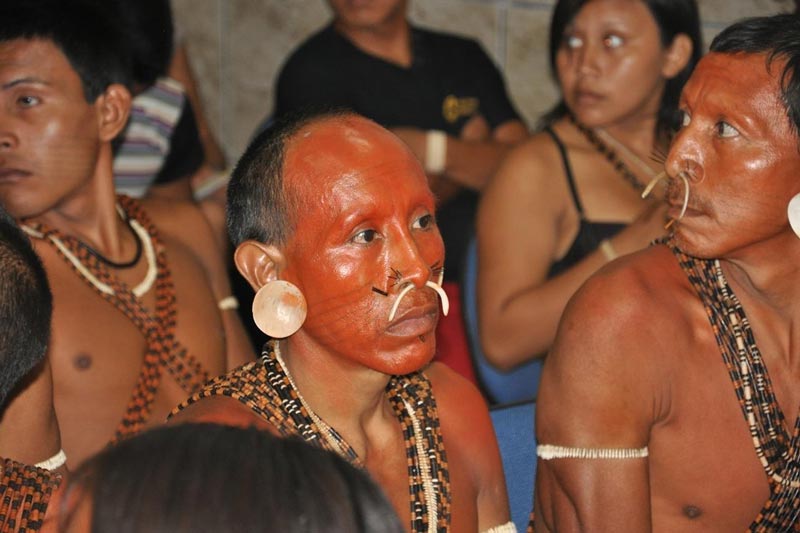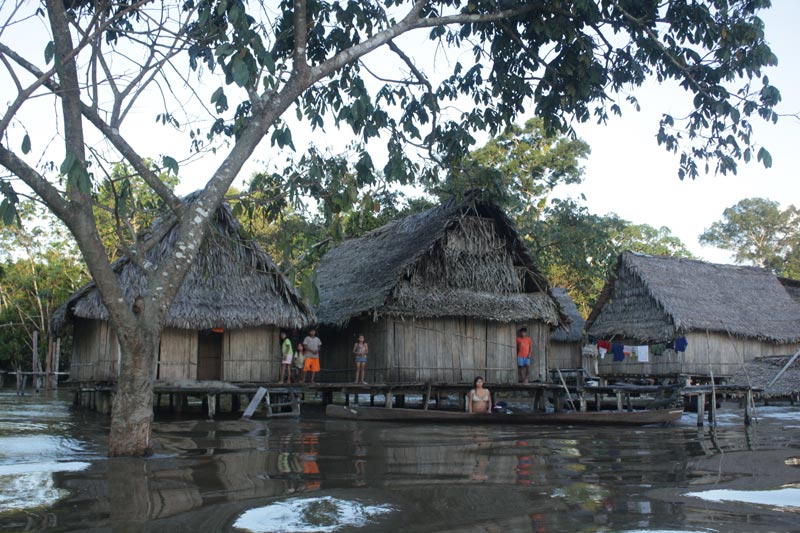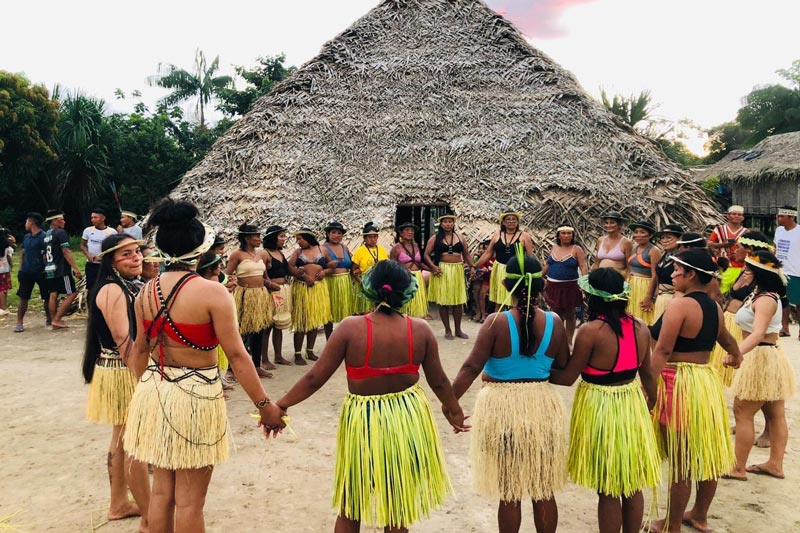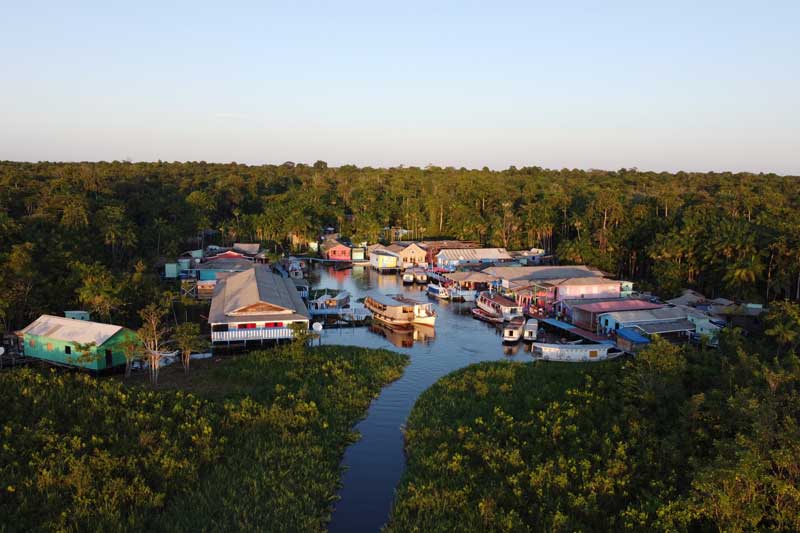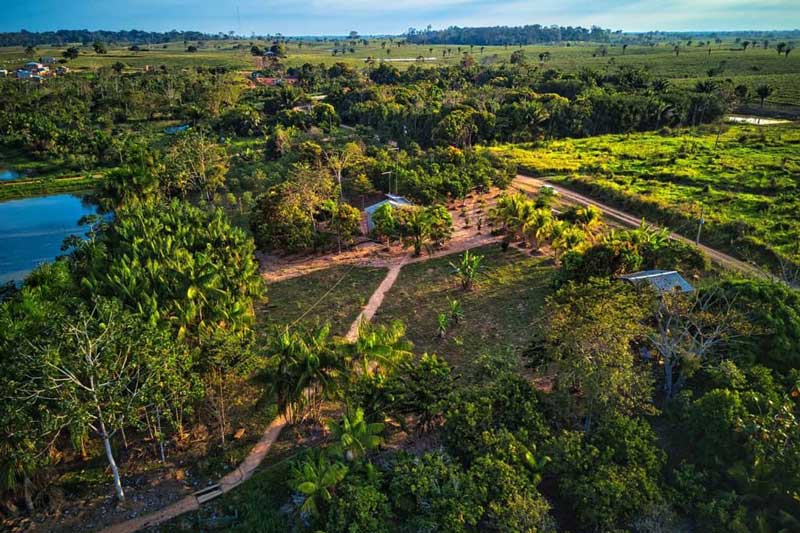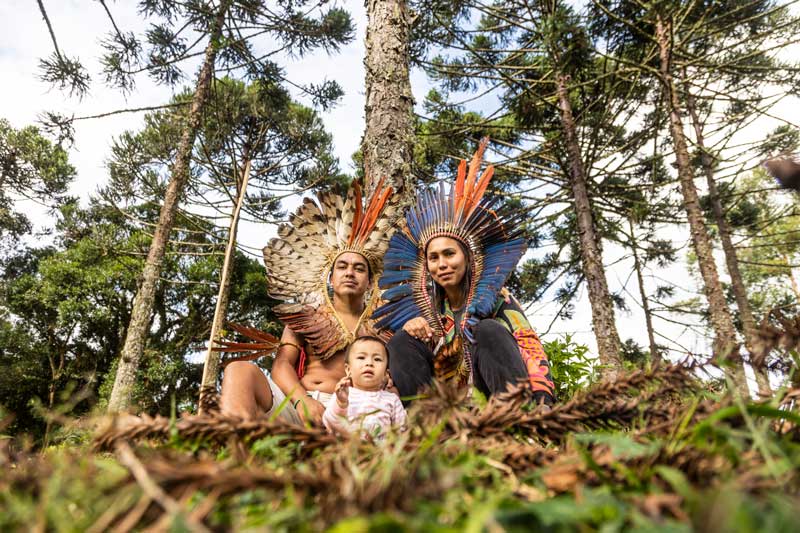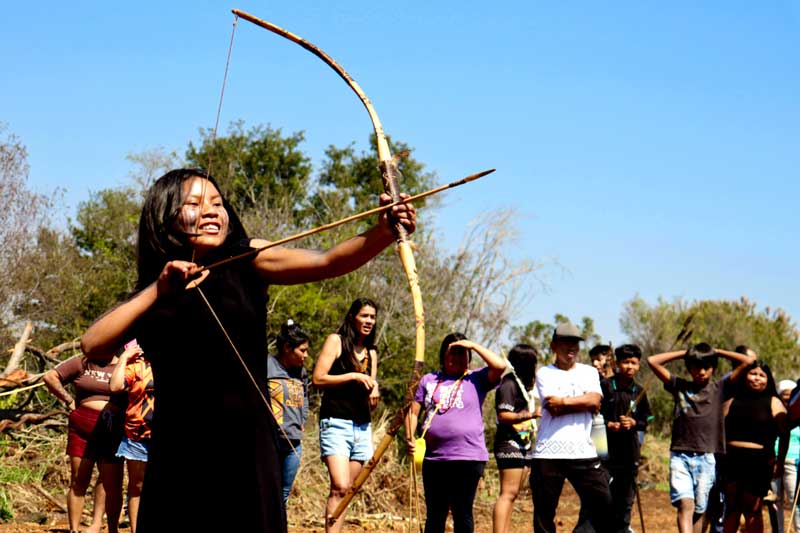The Alok Institute collaborates with the UNDP’s Equator Initiative, which has been promoting the Equator Prize for 22 years. This initiative aims to highlight the crucial role of nature-based solutions advocated by indigenous peoples and local communities in paving the way to sustainable development.
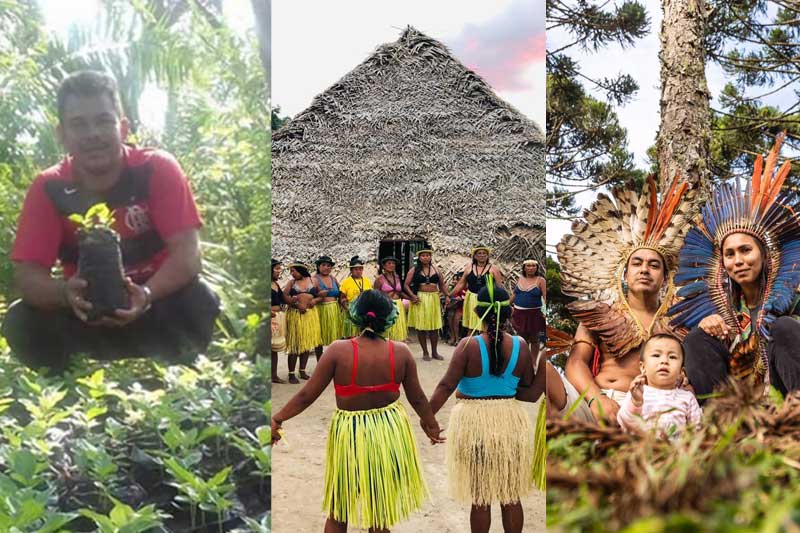
Foto UNIVAJA: Francisca Canamari Foto Caianás: Arquivo Foto Instituto Zág: Arquivo
In 2022, the president of the Alok Institute, DJ and Music Producer Alok, virtually participated in the ceremony, announcing the Brazilian organization awarded that year – CoopCerrado. This cooperative includes 4,600 families of small farmers and extractivists from 131 municipalities across various states (@emporiodocerradobr).
2023 Partnership
In 2023, we deepened collaboration with the Prize by agreeing with the UNDP coordination that the Alok Institute would support the Brazilian organization(s) by donating resources for the execution of a specific project.
Instituto Zág (Xokleng People – SC)
The Brazilian winner of the 2023 edition, Instituto Zág, received support from the Alok Institute for the “Preservation of Araucarias” project, aiming to create and plant 25,000 Araucaria seedlings and revive the traditional harvest festival, Sapecada do Pinhão, which has not been held since 1950. These trees with their long trunks, rough bark, and candelabra-like branches, provide wood and pine nuts, which are highly nutritious seeds forming the basis of the Xokleng diet, with an estimated population of 2,500 people.
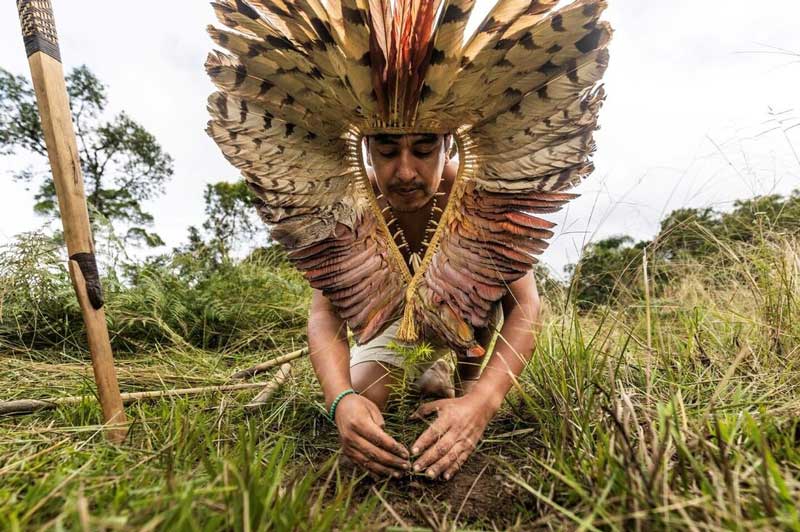
Photo: Archieve Instituto Zág
The organization, led by young indigenous people from the Xokleng ethnic group in Aldeia Figueira (SC), has planted over 77,000 pine tree seedlings. Each pine nut can create a seedling that takes about a year to germinate in a biodegradable bag. The Zág tree (Araucaria) holds sacred and symbolic value for the Xokleng people but is currently on the verge of extinction due to centuries of uncontrolled exploitation. The Araucaria Forest, or Pine Forest, is an ecosystem that belongs to the Atlantic Forest biome.
The Atlantic Forest stretches from the northeast of Brazil to the south along the Brazilian Atlantic coast, northeast Argentina, and eastern Paraguay. It is one of the most diverse ecosystems on the planet, second only to the Amazon. In the early 20th century, the Xokleng indigenous people of Santa Catarina were harshly combated and nearly decimated by “bugreiros,” militia hired to attack indigenous people (or “bugres,” a racist term used in the region at that time). After the genocide, only 104 people remained. However, the Xokleng people resisted and 2,500 people live in the Araucaria Forest.
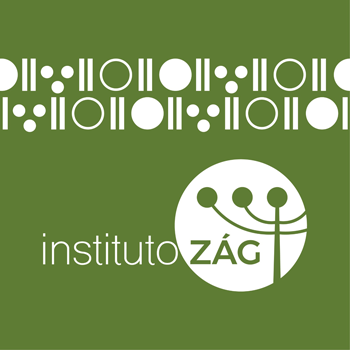
Social Media:
Instagram: @institutozag
Learn more at: Preservation of Araucarias
2024 Partnerships
There are two winners from Brazil in 2024: the Union of Indigenous Peoples of the Javari Valley (AM) and the Indigenous Environmentalist Collective for Nature, Agroecology, and Sustainability (MS).
According to Anna Giulia Medri, the Initiative’s coordinator, “after a rigorous review process of nearly 600 nominations under the theme Nature for Climate Action, this 15th cycle of the Equator Prize selected 11 excellent indigenous and local initiatives led by communities that offer impactful climate solutions, restore and sustainably manage nature and biodiversity, and identify actions that promote green living and a circular economy.”
Union of Indigenous Peoples of the Javari Valley – UNIVAJA (AM)
Equator Prize 2024 winner UNIVAJA – the Union of Indigenous Peoples of the Javari Valley received support from the Alok Institute to develop the “Ethno-environmental Governance and Protection” project. This project aims to hold a leadership meeting in the Rio Branco village of the Matis people to develop actions that review UNIVAJA’s governance model.
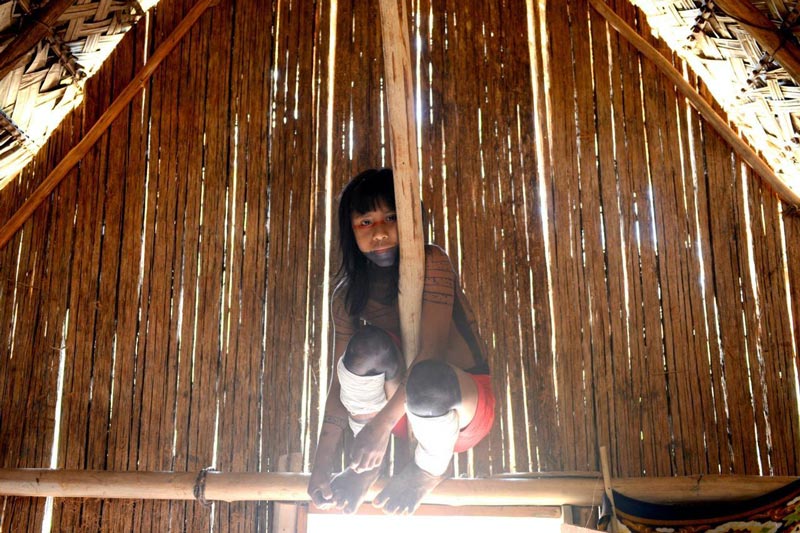
Photo: Archive UNIVAJA
The action takes place within the broad context of the “Ethno-environmental Protection Project of the Javari Valley/PPEVJ,” based on two main objectives: (A) strengthening protection mechanisms throughout the extent of its demarcated territories by structuring, revitalizing, and consolidating surveillance strategies and structures to combat illegal access of illicit activities, such as extraction and trafficking of natural resources (fauna and flora); and (B) promoting the leadership of the indigenous movement through its grassroots organizations, allowing them greater administrative and operational autonomy in their final actions as a social movement.
The Javari Valley Indigenous Land (TIVJ) is located in the far west of Amazonas, bordering Peru. It spans 8,544,482 hectares and remains one of the most remote and unknown regions of Brazilian territory in the Amazon.
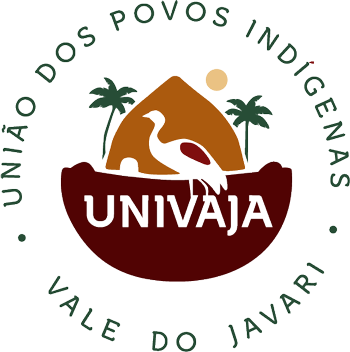
Indigenous Environmentalist Collective for Nature, Agroecology, and Sustainability – CAIANAS (Terena People – MS)
Also a winner in 2024, the Indigenous Environmentalist Collective for Nature, Agroecology, and Sustainability – CAIANAS, from Mato Grosso do Sul, received support from the Alok Institute to develop the “Climate Guardians” project. This project aims to promote the training of young people in Indigenous Ethno-agroecology for climate emergencies.
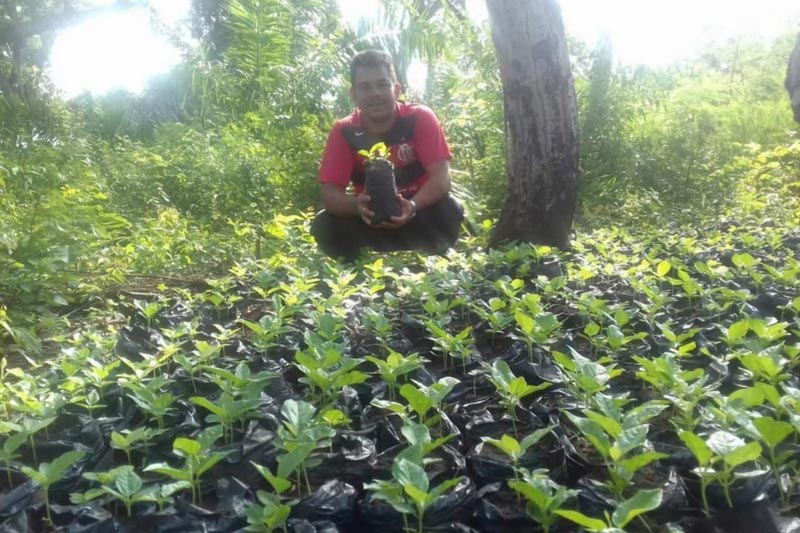
Photo: Archieve Caianás
Known as the Climate Guardians, 20 young people (men and women) will be trained to revive the ancestral Terena agriculture, encompassing social, cultural, environmental, cosmological, and spiritual dimensions. These practices have been largely abandoned, leaving the Terena people facing various challenges in building their farms and obtaining food for family subsistence.
The Cachoeirinha Indigenous Land (TI), inhabited by the Terena people, is located in Miranda city, in the state of Mato Grosso do Sul (MS), in an ecotone region between the Pantanal and Cerrado biomes. The region also known as Chaco and Pantanal, is the ancestral territory of the Guaná nation, of which the Terena are a subgroup. This is why they developed an interdependent way of life with this ecosystem, characterized by being the largest wetland plain on the planet. The soil management practices developed by the Terena people over their history, favored by the edaphoclimatic characteristics of this environment, have earned them recognition in the literature as exceptional farmers.
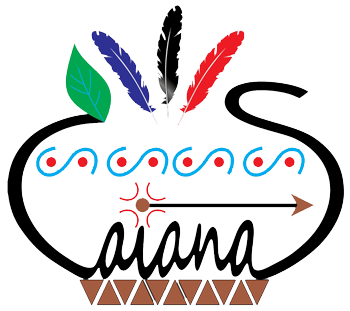
Social Media:
Instagram: @organizacaocaianas
Website: www.caianas.org.br
Facebook: /agroecologiaterena
The Equator Prize
The Equator Initiative brings together the United Nations, governments, civil society, businesses, and grassroots organizations to recognize and promote local sustainable development solutions for people, nature, and resilient communities. As part of the Equator Initiative, the Equator Prize reached its 15th edition in 2024, acting for the past 22 years.
The award ceremonies are virtually held by UNDP’s Nature for Life Hub in October of every year. The winners are always announced on August 9th – International Day of the World’s Indigenous Peoples.
The Nature for Life Hub is a virtual space for multiple events with champions, mobilizers, leaders, professionals, and other speakers who inspire and engage global audiences, taking them on diverse thematic journeys, and delving into specialized topics, practical solutions, and ambitious actions.
